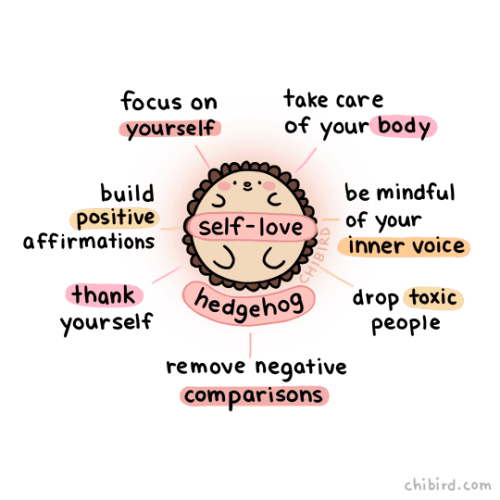by the Jumo Health Team
As a teenager, the pressure to perform well in school, manage extracurriculars, and build up an attractive college or university resume can be immense.
The added stress of mentally comparing yourself to the ‘perfect’ lives portrayed by friends or celebrities on social media while also managing your own presence on various social platforms is an added layer to social dynamics that older adults never had to deal with as teenagers, and may not be able to understand or sympathise with.
Stress has a profound effect on health, and can lead to feelings of depression and anxiety. It’s important to recognise how you manage stress and how it’s affecting your mental health. The importance of mental health is emphasised by the British Psychological Society recognising mental health for young people as their top policy priority in the coming year.
To accompany Respect Yourself’s life-guiding messages for young people, here are three pointers on mental health and self-care as a teenager.
Open the door for support
It can be difficult to talk with your parents or the adults in your life about how you’re feeling. But, usually, your parents truly want to be there to support you, so being open with them about the emotions or feelings you may be struggling with is important.
When talking about your feelings, try to dig deeper than an apathetic, “I’m fine.” Talk about how you’re managing time for classwork, how you’re feeling about your time with the sports you play, your involvement with student clubs, or the latest with your group of friends, or even lack of friends.
Opening up a supportive dialogue and seeing your parents as someone who you can trust to share your feelings with versus someone trying to control you offers a personal connection that can be essential to self-care and mental health. If you know that you’re struggling with depression and anxiety, you and your parents can look together to find important mental health information and decide on how to best find help and treatment.
Find stress management techniques that work for you
Finding effective stress management techniques is important for self-care. The first step in managing stress is to identify the areas of life that are main stressors. For teenagers, this is often school work or your social life. When you’ve identified your stressors, you can then take steps to either avoid, alter, adapt, and accept them, and find effective avenues to relieve stress. Simply allowing yourself the time to binge your favourite Netflix show, channelling your stress into a workout routine, or venting to those closest to you can be effective ways to ease the stress you’re feeling.
Explore hobbies that don’t carry performance expectations
Engaging in a hobby that doesn’t carry the weight of “looking good” on a college resume is important. Often, the burden of an expectation to perform at a certain level can take the enjoyment out of what is supposed to be fun.
An activity that allows for the freedom of personal and creative expression helps to boost motivation, increase concentration, and build self-esteem. Look for ways to explore your creative side that’s personal to you – whether it’s journaling, drawing, singing, or something else that you haven’t discovered yet.
Having a personal hobby is also a great way to disengage from screen-time and social media. You shouldn’t be completely discouraged from using social media, as it can also be a form of expression, but finding a healthy balance between a separate personal passion and screen-time with Twitter, Snapchat, or Instagram is essential in having a broader, more complete outlook on life.
About the author: The Jumo Health Team has made it their mission to remove the stigma surrounding mental health by engaging and educating the online community.
image: Self-care hedgehog by chibird under Creative Commons license




